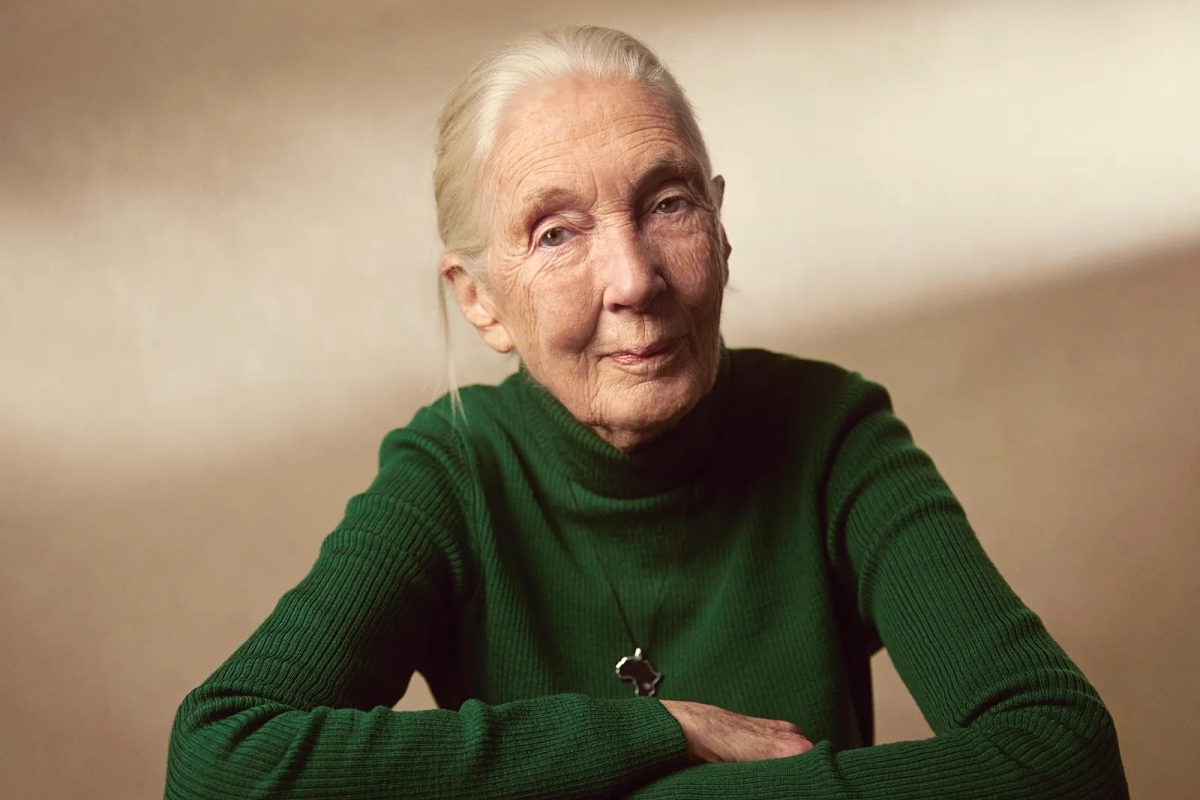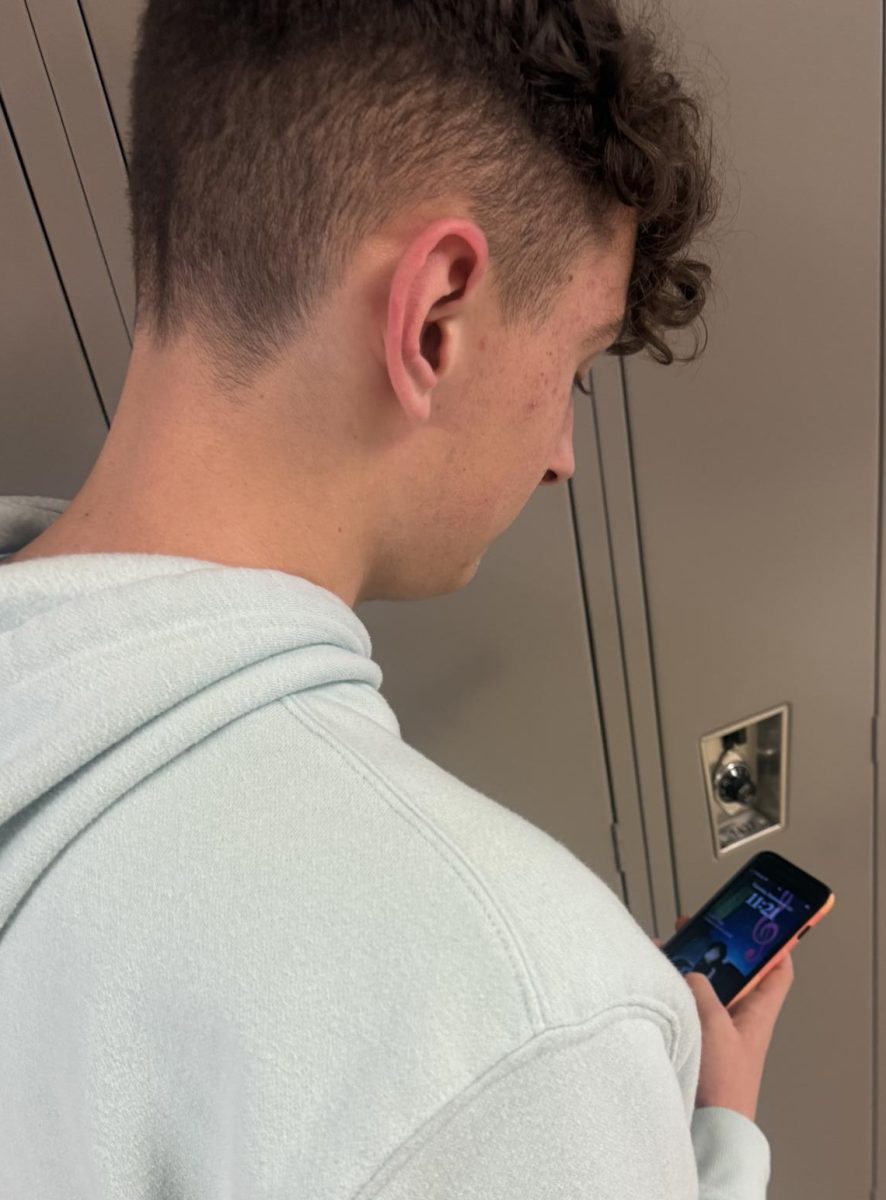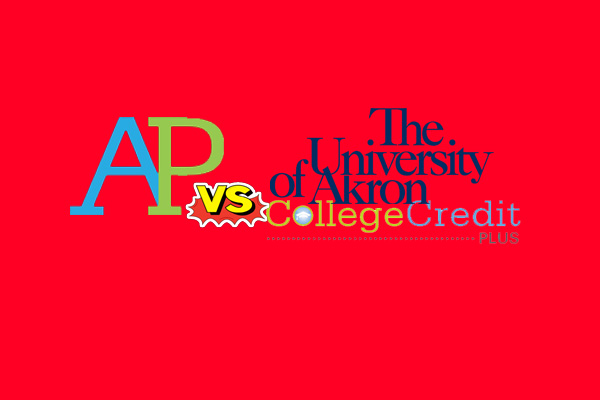OPINION BY ADAM DARWICH
There comes a time, in every high school students academic career where he or she must choose to either challenge themselves and work hard to succeed in an Advance Placement (AP) course, or whimper in fear of the AP classes and take the easy way out in the form of College Credit Plus (CCP) courses. It is clear through a thorough analysis of time spent in class, work assigned, and general difficulty of tests that AP courses are significantly more difficult than CCP and our weighting scale should reflect that contrary to what the state mandates.
Wadsworth just recently switched from the unweighted GPA to the weighted which has made AP equal to CCP due to state law. While initially happy with the changes, some students have begun to notice problems in the new system. The fact of the matter is that AP classes are unjustly weighted the same as the much less difficult, less prestigious, and less time consuming College Credit Plus classes.
The reasons are as obvious and simple as tests are in CCP courses.
One of the more interesting things the state does is continually request that CCP classes rank on the same level as the much more challenging AP courses as Shawn Tittle, a senior who has taken many CCP courses, stated that “CCP just is not on the same level.” AP classes are much more difficult. Not only do these classes give students the opportunity to gain college credit, but they also meet every day, have extensive summer work, and multiple hours of homework each night. A quick comparison between AP English Literature and Composition and English Composition 1, two equivalent classes according to our current policy, can illuminate the extreme differences between AP and CCP courses.

AP English Literature students had four summer reading books, the dreaded and feared Multi-Genre Project, an average of an hour-and-half of homework a night, and face an AP exam at the start of May to determine if they receive college credit. English Composition 1, on the other hand, does not face any extreme obstacle. English Comp has a weekly assignment on Monday’s that is 250-300 words. English Comp reads from an English textbook, respond to questions, and discuss their answers throughout their week. Without a doubt, the discussions held in Mrs. Zagar’s AP class are much more torturous.
A much less known reason that this change should occur is the simple fact that Akron-Wayne is Akron-Wayne. The continued insinuation that classes from Akron-Wayne are equal to the classes taken, accepted, and encouraged by colleges like UPenn, Rice, and Harvard is absurd.
Akron is a commuters’ college and simply does not provide the same education or challenge to students. These AP classes do not give the students this effortless chance, as Andrew Jariga said, “AP sets me up for top schools across the country, I can’t say the same about CCP.”
The solution to this issue, Reweigh the grade point average scale where College Credit Plus classes are of equal value as the much more similar Honors courses. This would allow CCP students the benefits of taking college courses while still ensuring the difference between AP and CCP.
The schedules, required work ethic, and how college credit is earned is all different. Their weight should reflect this. The GPA scale should be weighted in terms of difficulty of class, curriculum, and work not by the “*AU” attached at the end of the course name.




































